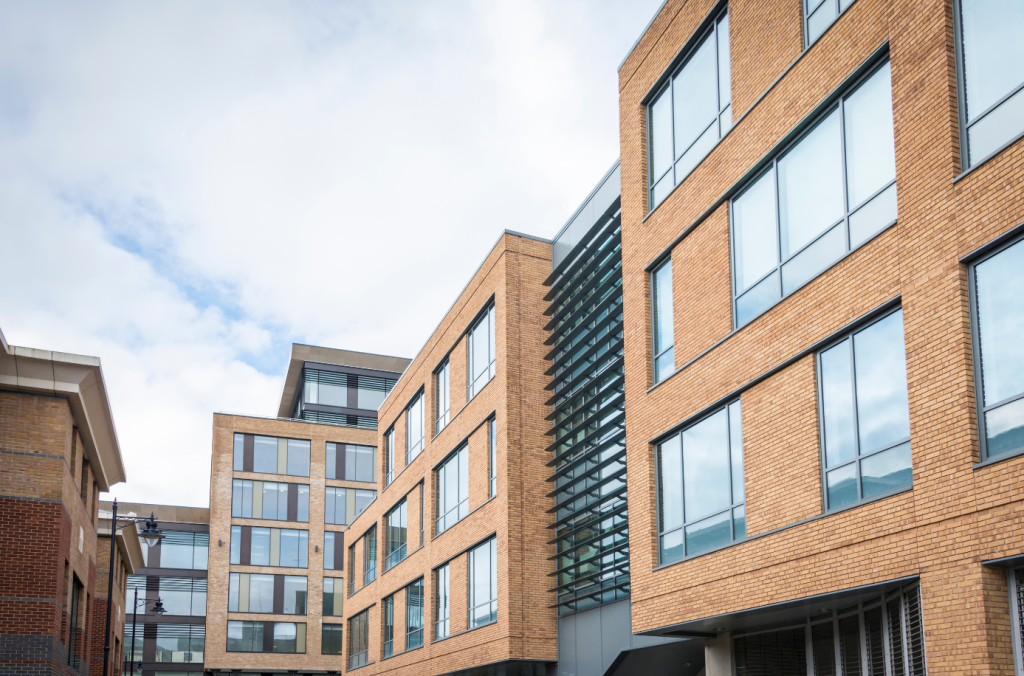Right to Buy Mortgages: A Comprehensive Guide

The Right to Buy scheme offers eligible public sector tenants the opportunity to purchase their council or housing association home at a discounted price. A “Right to Buy mortgage” is a specific type of mortgage designed to facilitate this purchase.
What is Right to Buy?
The Right to Buy scheme, primarily available in England, allows qualifying council and some housing association tenants to buy the home they currently rent from their public sector landlord for a price significantly lower than its market value. The discount is based on the length of time you’ve been an eligible tenant and the type and value of the property. The scheme aims to help people get onto the property ladder who might otherwise struggle to do so.
Who can get a Right to Buy mortgage?
To be eligible for the Right to Buy scheme and, consequently, a Right to Buy mortgage, you generally need to meet the following criteria:
- Secure Tenant: You must be a “secure tenant” with a legal contract between you and your public sector landlord.
- Main Home: The property must be your only or main home, meaning you live in it.
- Self-contained: The property must be self-contained, meaning you don’t share essential rooms (kitchen, bathroom, toilet) with people outside your immediate household.
- Public Sector Tenancy History: You must have been a public sector tenant for at least three years. This doesn’t have to be continuous and can include time spent with different public sector landlords (e.g., a council, housing association, NHS trust, or the armed forces).
- No Legal Issues: You should not have legal problems with debt (e.g., undischarged bankruptcy, County Court Judgments) or outstanding possession orders.
- Property Eligibility: Certain properties may be exempt, such as those in sheltered housing, homes particularly suitable for the elderly or disabled, or those due to be demolished.
Joint Applications: You can make a joint application with:
- Someone who shares your tenancy.
- Your spouse or civil partner.
- Up to three family members who have lived with you for the past 12 months, even if they’re not on your tenancy agreement, as long as it’s their main home.
Preserved Right to Buy: If your home was a council property but was sold to another public sector landlord (like a housing association) while you were living in it, you might still qualify for “Preserved Right to Buy” under similar conditions.
Advantages of a Right to Buy Mortgage
Right to Buy mortgages offer several significant advantages for eligible tenants:
Discounted Purchase Price
The most significant advantage is the ability to buy your home at a substantial discount compared to its market value. This discount can be considerable, making homeownership much more affordable.
Using Discount as Deposit
In many cases, the Right to Buy discount can be used as your mortgage deposit, meaning you might not need to save any cash upfront. This removes a significant barrier to homeownership for many.
Affordability
The reduced purchase price often translates to a lower mortgage amount, potentially making monthly repayments more manageable than open market purchases.
Building Equity
As a homeowner, you build equity in your property over time, which can be a valuable asset for your future.
Stability and Security
Owning your home provides long-term housing security and the freedom to make changes or improvements as you wish (subject to planning regulations).
Investment Potential
Property values can appreciate over time, potentially providing a financial return on your investment.
Why Broker Help is Important for a Right to Buy Mortgage
Navigating the Right to Buy scheme and securing a mortgage can be complex. This is where an experienced mortgage broker becomes invaluable:
- Expert Knowledge of the Scheme: Brokers specialising in Right to Buy understand the intricacies of the scheme, including eligibility criteria, discount calculations, and the application process with your landlord.
- Access to Specialist Lenders: While many high street banks offer Right to Buy mortgages, some lenders have more flexible criteria or offer better rates for these specific circumstances. A broker has access to a wider range of lenders, including those who specialise in Right to Buy, and can identify the most suitable options for your individual situation.
- Navigating Affordability and Criteria: Lenders will assess your affordability based on income, outgoings, and credit history. A broker can help you understand what lenders are looking for, calculate how much you can realistically borrow, and advise on improving your chances of approval, even if you have a less-than-perfect credit history.
- Utilising the Discount Effectively: Brokers understand how lenders view the Right to Buy discount as a deposit and can help you leverage this to secure the best mortgage terms.
- Streamlining the Application Process: Mortgage applications involve a lot of paperwork and communication with lenders. A broker can guide you through each step, help you gather necessary documents, and handle the application submission, saving you time and reducing stress.
- Addressing Complex Situations: If you have specific circumstances, such as adverse credit, a non-standard property, or if you’re looking to borrow extra for home improvements, a broker can identify lenders who are more accommodating to these situations.
- Impartial Advice: An independent mortgage broker works for you, not for a specific lender. They can offer unbiased advice and ensure you get the most competitive deal tailored to your needs.
- Saving Time and Money: By finding the most suitable mortgage and navigating the process efficiently, a broker can potentially save you a significant amount of time and money in the long run.
In summary, while the Right to Buy scheme offers an excellent opportunity for homeownership, the process can be involved. Engaging a knowledgeable mortgage broker can significantly simplify the journey, increase your chances of approval, and ensure you secure the best possible Right to Buy mortgage deal.

